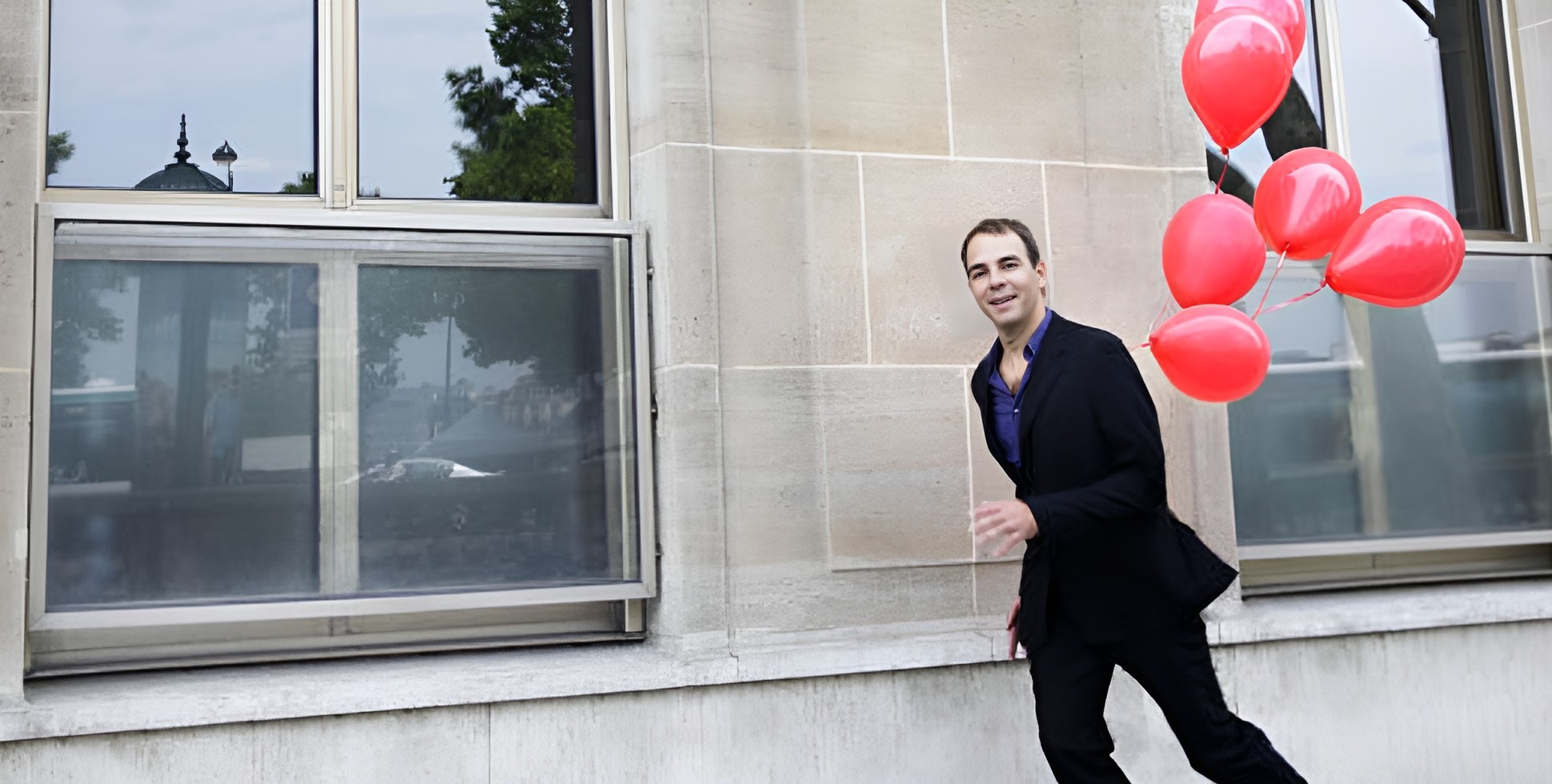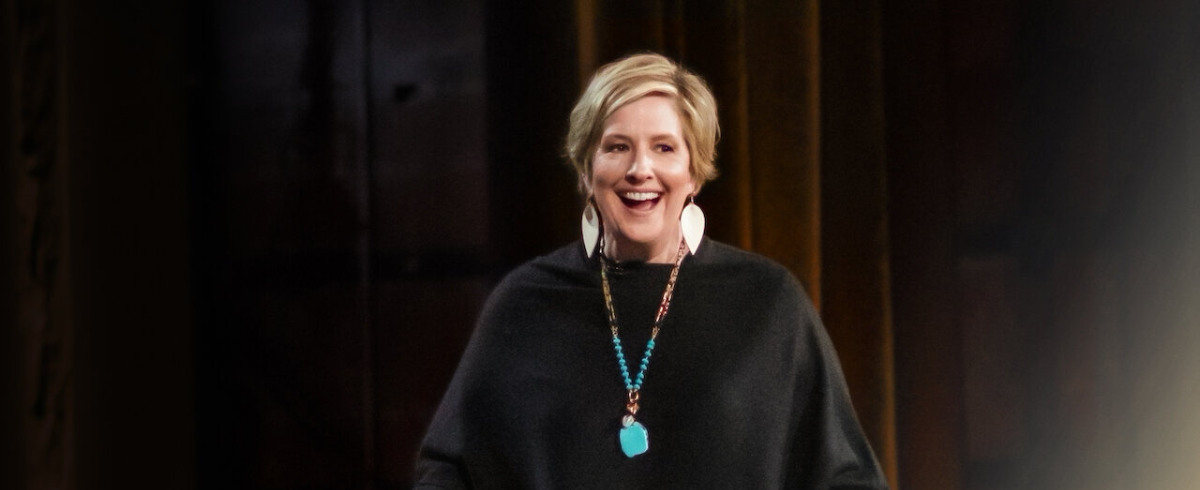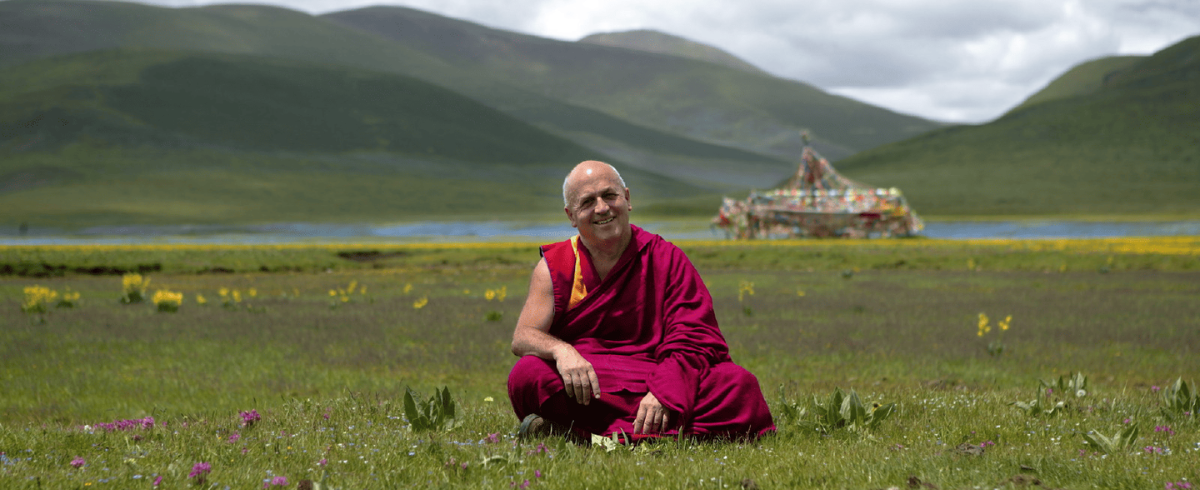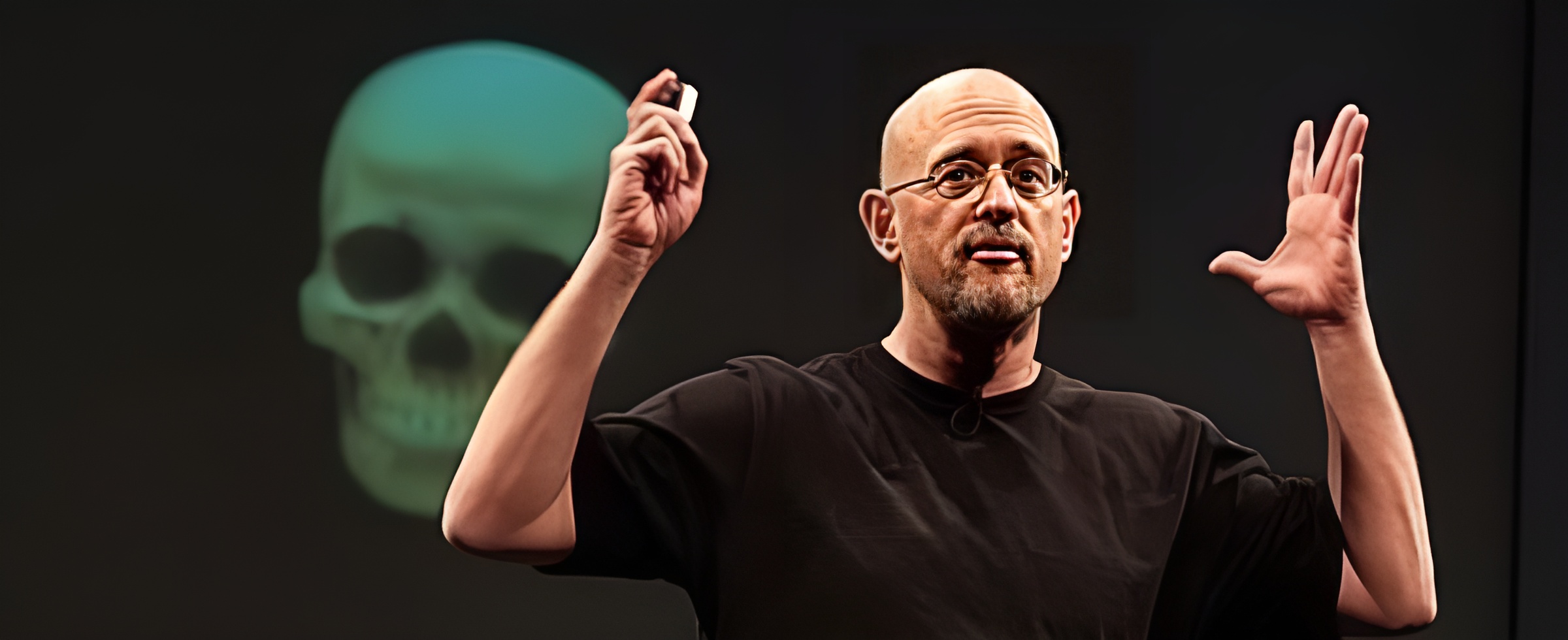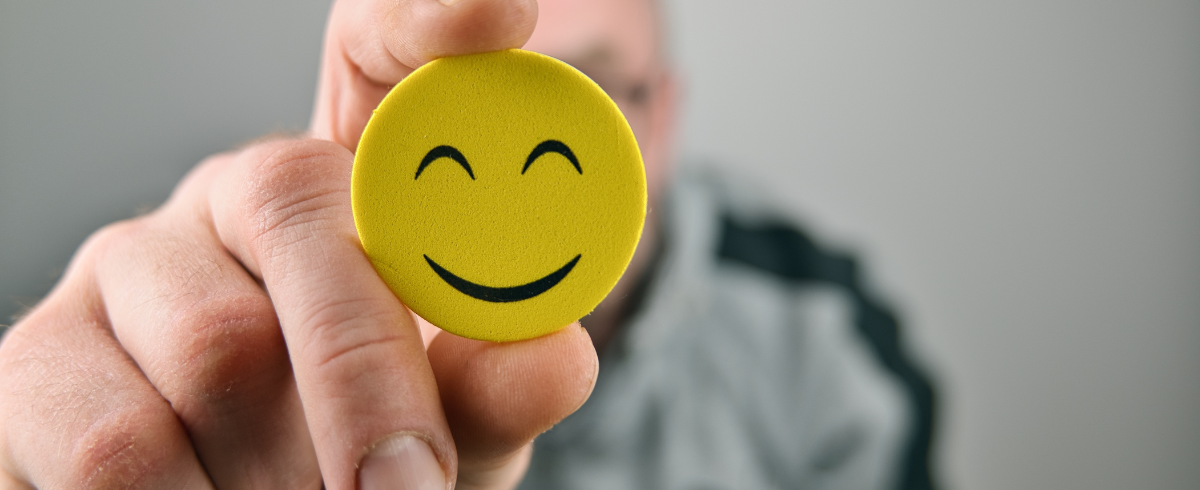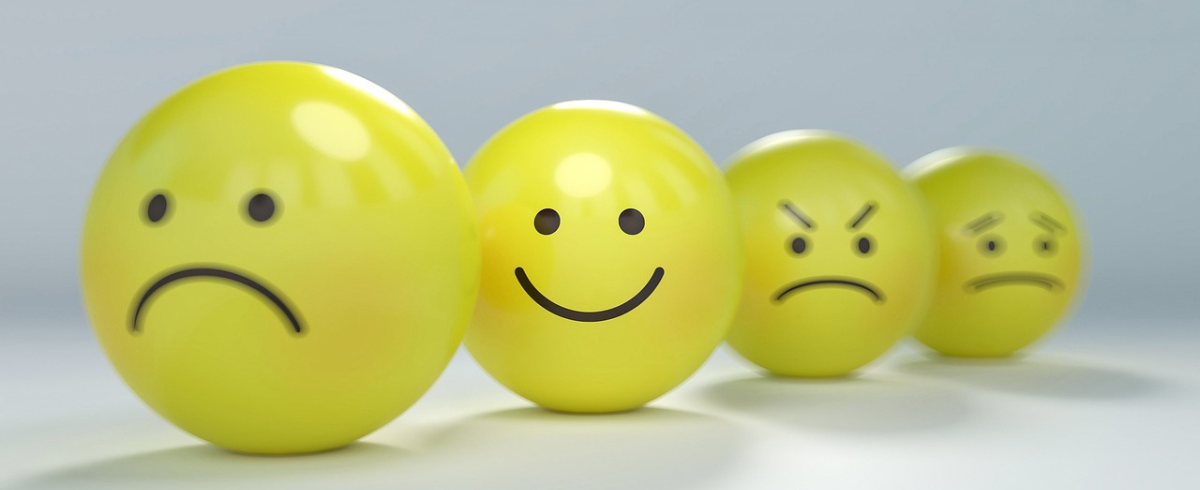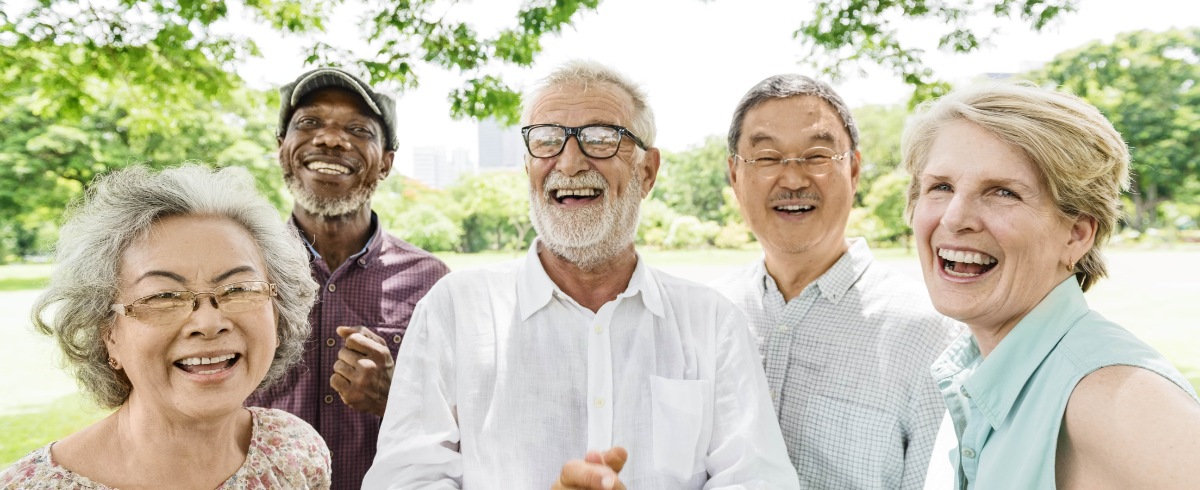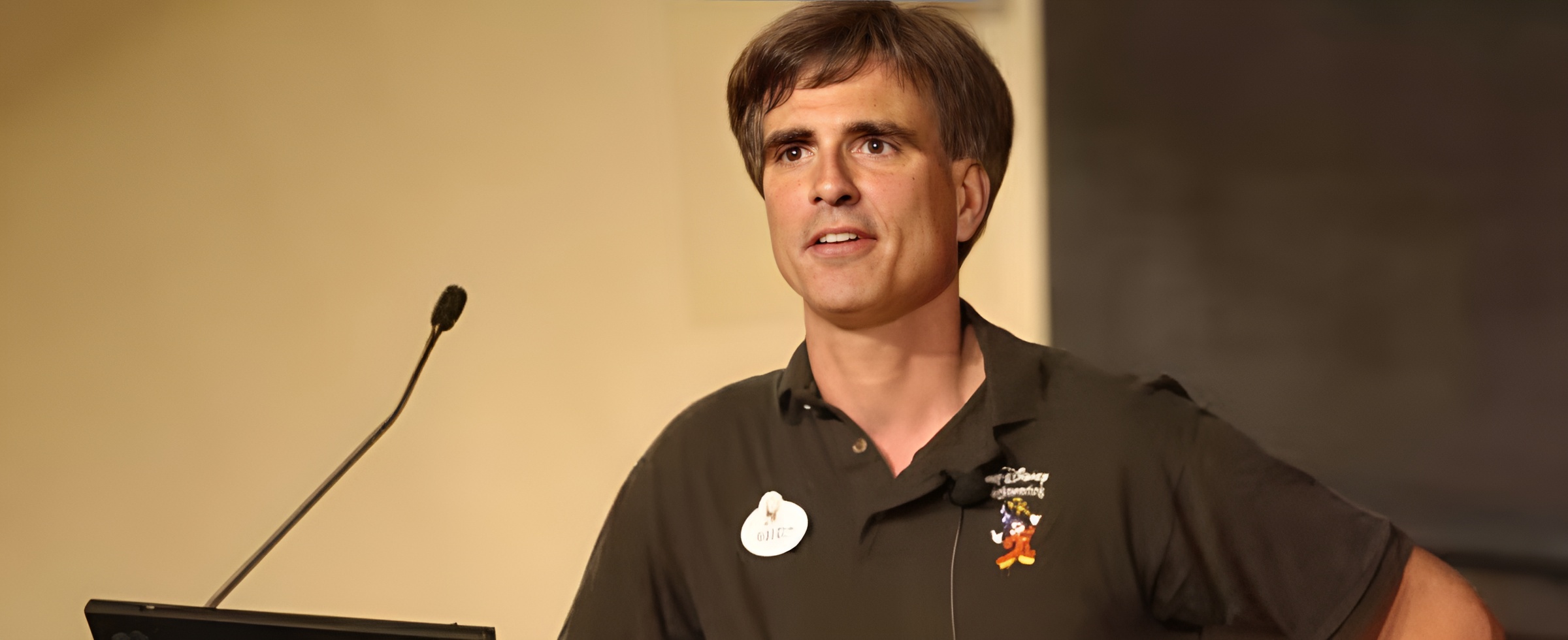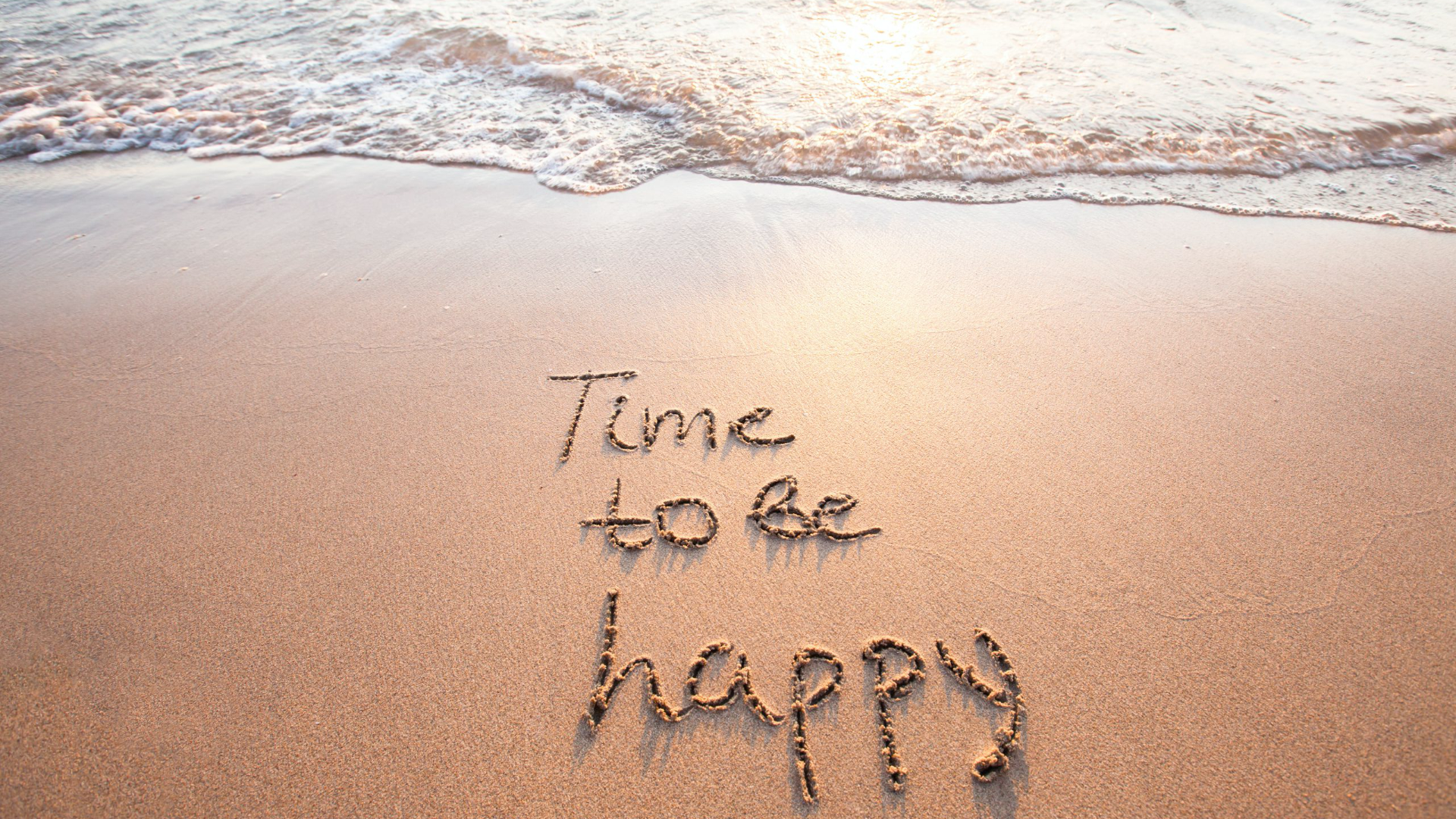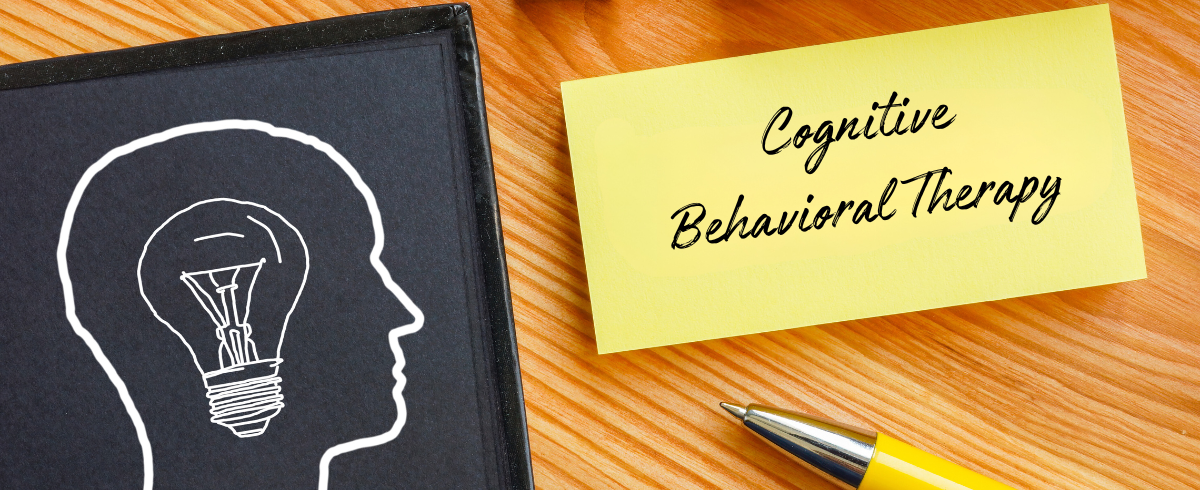Why?
March 21, 2022 ·
8 min read
This week I was in Finse, Norway training for an upcoming polar expedition. The training involved skiing up … Continue reading “Why?”
Fun interview in Le Monde
July 30, 2013 · < 1 minute
I had the pleasure of being interviewed by Benoit Hopquin from Le Monde last June while I was … Continue reading “Fun interview in Le Monde”
Matthieu Ricard: The World’s Happiest Man
November 28, 2010 · < 1 minute
Ever since I saw Matthieu’s great speeches on the habits of happiness, I was intrigued and interested in … Continue reading “Matthieu Ricard: The World’s Happiest Man”
Matthieu Ricard on the Habits of Happiness
May 20, 2009 · < 1 minute
Matthieu Richard makes a great presentation on the phenomenal plasticity of the brain. The deliberate actions one can … Continue reading “Matthieu Ricard on the Habits of Happiness”
Happiness is a skill!
May 2, 2009 · < 1 minute
New scientific research that shows we can alter the emotional landscape of our brains from anxiety to happiness … Continue reading “Happiness is a skill!”
Happiness is not contagious after all :)
December 12, 2008 · < 1 minute
An article on the Freakonomics blog repudiates the notion that happiness is contagious. While an increase in your … Continue reading “Happiness is not contagious after all :)”
Happiness is contagious!
December 5, 2008 · < 1 minute
A new study suggests that your happiness is heavily influenced by the happiness of the people around you. … Continue reading “Happiness is contagious!”
What Makes Us Happy?
September 15, 2008 · < 1 minute
There is a great series of interviews on the topic of happiness on Ted.com. Check them out at: … Continue reading “What Makes Us Happy?”
Randy Pausch Last Lecture: Achieving Your Childhood Dreams
July 25, 2008 · < 1 minute
You have to watch this! It’s so inspiring and touching!
Happiness Summarized
August 31, 2007 · 2 minutes
As a supposed “expert on happiness” (try googling expert on happiness for fun), I am often asked to … Continue reading “Happiness Summarized”
Cognitive Behavioral Therapy (CBT): Positive Psychology in Action
May 1, 2007 · < 1 minute
The advent of positive psychology, as mentioned in my recent posts on happiness, is leading to a revolution … Continue reading “Cognitive Behavioral Therapy (CBT): Positive Psychology in Action”
Happiness and the dangers of belief in the written word :)
March 13, 2007 · 3 minutes
It’s interesting how gullible we humans are. If we read something or watch it in a documentary, we … Continue reading “Happiness and the dangers of belief in the written word :)”
The Science of Happiness
March 12, 2007 · 2 minutes
I recently came across an interesting article on the science of happiness in Harvard Magazine recounting the emergence … Continue reading “The Science of Happiness”
1 – 16 of 20 Posts

